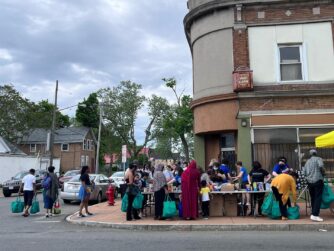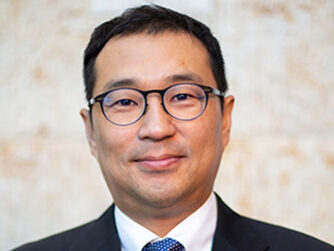“Health inequity is baked into the cake. It is not incidental. If we acknowledge that that is true, that health care providers are trained...


“Health inequity is baked into the cake. It is not incidental. If we acknowledge that that is true, that health care providers are trained...

“I don't know how many more times we can say thoughts and prayers for these families when there's tangible steps that we can take that...

“... Keep asking the tough questions and holding the child welfare system to a high standard, because both the families and the [social...

"Loan debt is growing, and a lot of students are in trouble."

“[A] technology social enterprise with a social mission is the enterprise that makes sense because it creates investment assets that...

"Centering Pregnancy . . ., as an evidence based and empirically supported practice, has always been very open to try out new interventions...

“[T]here’s two big buckets of climate change related work. We talked about adaptation, helping people cope with and adapt to what is...

“[S]chools of social work don't emphasize perinatal mood disorder as much anymore, and social workers are the leading group providing...

“So psychological [self-sufficiency] is less about just somebody's mindset or their internal motivation alone, but is largely this process...

"Interventions are really needed in the field of social work to help address some of these disparities, so for example, using a patient...